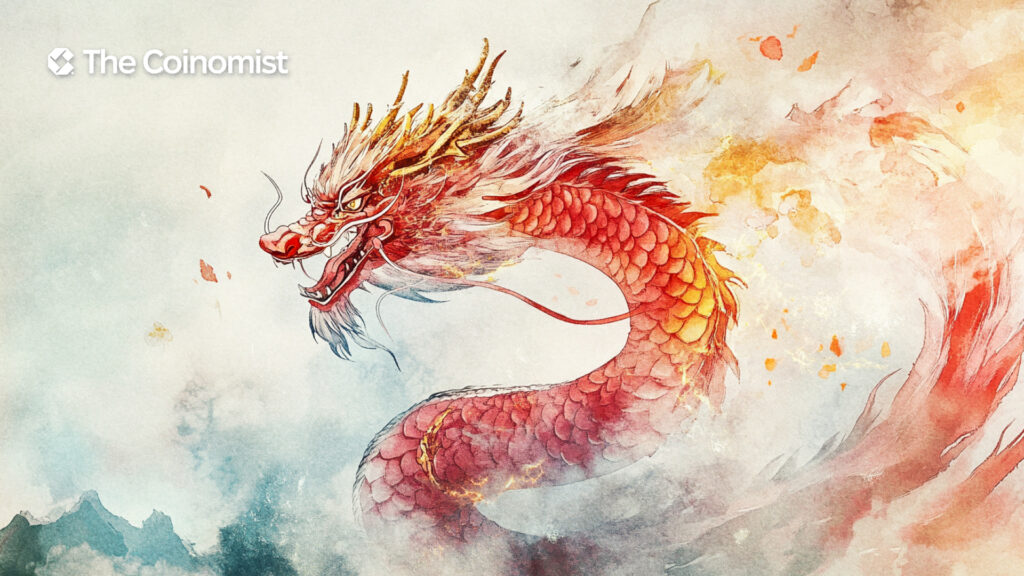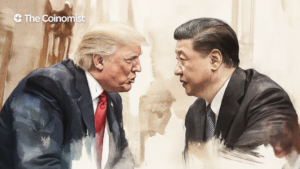China Turns U.S. Tariffs Into a Catalyst for Economic Growth

China is preparing domestic measures to protect its economy and support internal demand in response to new U.S. tariffs.
On this page
As the trade war intensifies, Beijing is responding with confidence and outlining steps to minimize economic damage, preserve stability, and advance the development of its domestic market.
According to several official Chinese media outlets, the country’s leadership is not panicking over the new U.S. tariffs. Instead, it is preparing broad economic support measures for businesses. The reports also note that while the new customs duties do impact bilateral trade, they are unlikely to significantly change the country's established economic structure.
The sky won’t fall even though the US abuse of tariffs will cause some impact on us. We must turn pressure into motivation,
stated People’s Daily.
Recently, the U.S. administration imposed new customs duties on almost all countries, using a controversial formula that does not reflect actual trade barriers from other governments. These measures have led to a decline in global stock markets, including the cryptocurrency sector. Notably, Bitcoin fell to $75,000.

In response, Chinese authorities are focusing on mobilizing domestic resources and encouraging national demand. Proposed measures include lowering interest rates, increasing market liquidity, and introducing policies to boost domestic consumption. These efforts aim to reduce short-term risks and reinforce the stability of both the financial system and the real economy.
Other Stabilization Measures
In addition to direct economic stimulus, Beijing is preparing to use additional tools to help stabilize the situation. The government has promised to provide broad support to affected businesses and plans to step up efforts to shift trade flows toward developing markets. These actions aim to reduce reliance on the United States, even as shares of local companies continue to decline.

Furthermore, officials have met with representatives of American businesses operating in China. Through these meetings, Beijing seeks to highlight its openness to dialogue, its commitment to maintaining a constructive relationship with the business community, and its readiness to assist companies facing economic challenges, including those in the blockchain sector. For instance, the Hong Kong government has already finalized legislation on cryptocurrency staking.
According to analysts, the Chinese government's response is informed by eight years of experience in trade tensions, which began during Donald Trump's previous presidency. In contrast to the current U.S. administration, China now appears to adopt a more balanced and strategic stance toward trade policy and economic conflict.
Any escalatory moves beyond the already prohibitive tariffs perhaps carry more symbolic meanings than real impact. Domestic stimulus to offset the tariff impact is of higher certainty, and we could see the earliest signal from the April Politburo meeting,
said economists at Citigroup.
Overall, Beijing's strategy aims to turn external pressure into an incentive for internal reform. In theory, a combination of efforts to boost domestic demand, support businesses, and deepen cooperation with foreign investors could not only help China reduce the damage and respond more effectively to U.S. challenges, but also lay the foundation for long-term economic growth.
Read more: Peter Schiff Warns Crypto ‘Starting to Crack’ Amid Market Decline Triggered by Trump Tariffs
The content on The Coinomist is for informational purposes only and should not be interpreted as financial advice. While we strive to provide accurate and up-to-date information, we do not guarantee the accuracy, completeness, or reliability of any content. Neither we accept liability for any errors or omissions in the information provided or for any financial losses incurred as a result of relying on this information. Actions based on this content are at your own risk. Always do your own research and consult a professional. See our Terms, Privacy Policy, and Disclaimers for more details.
























